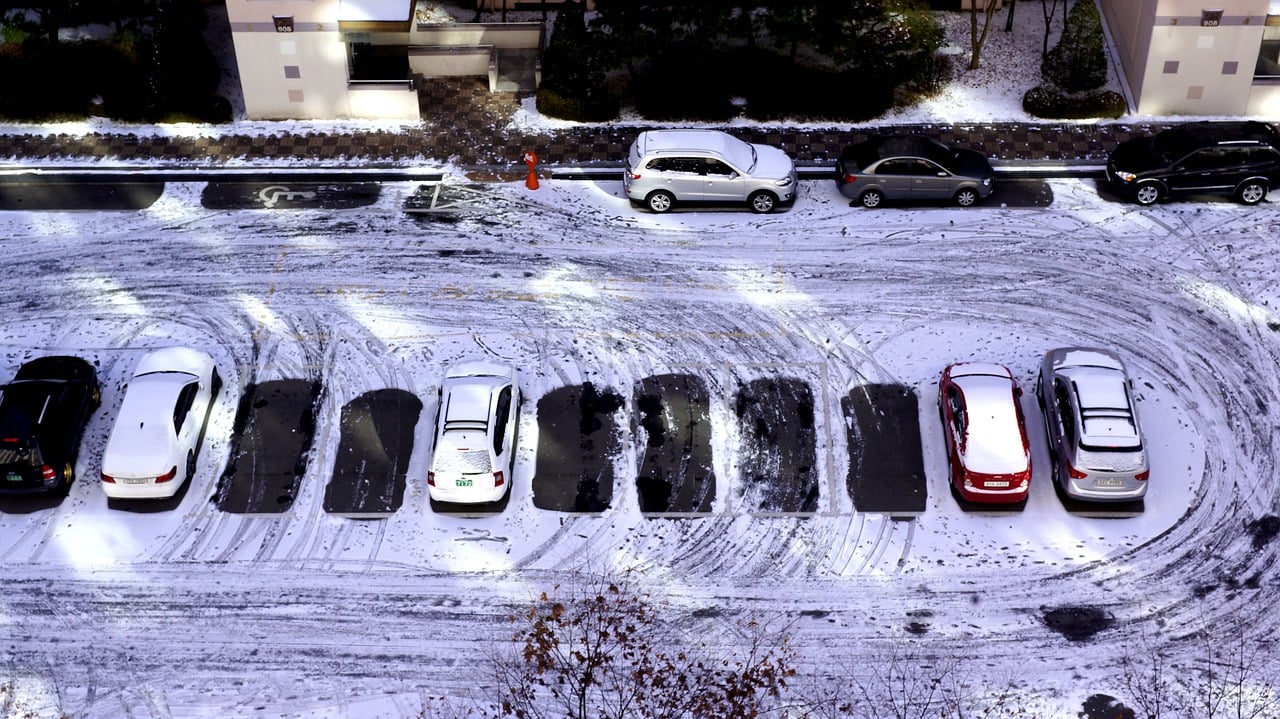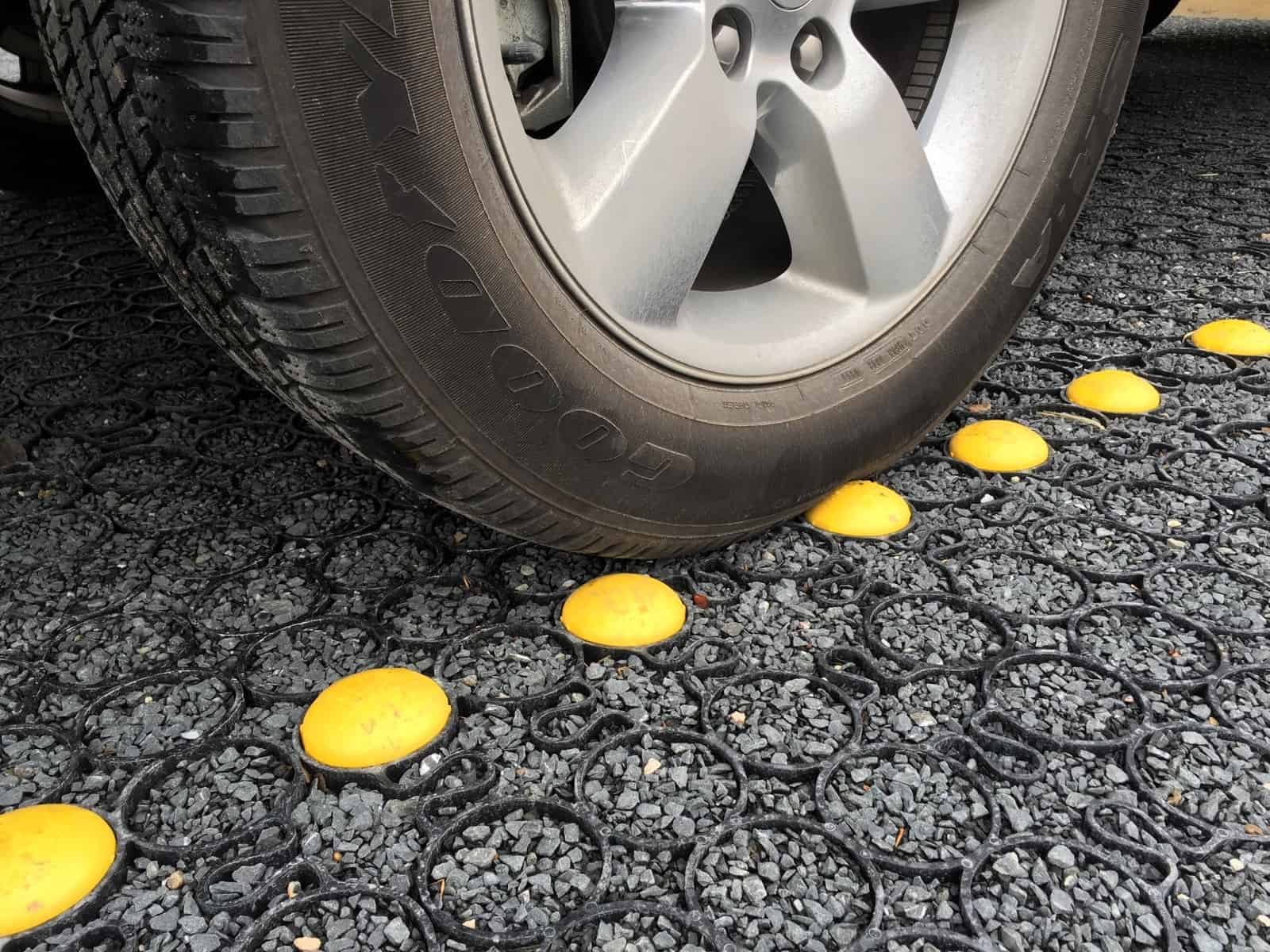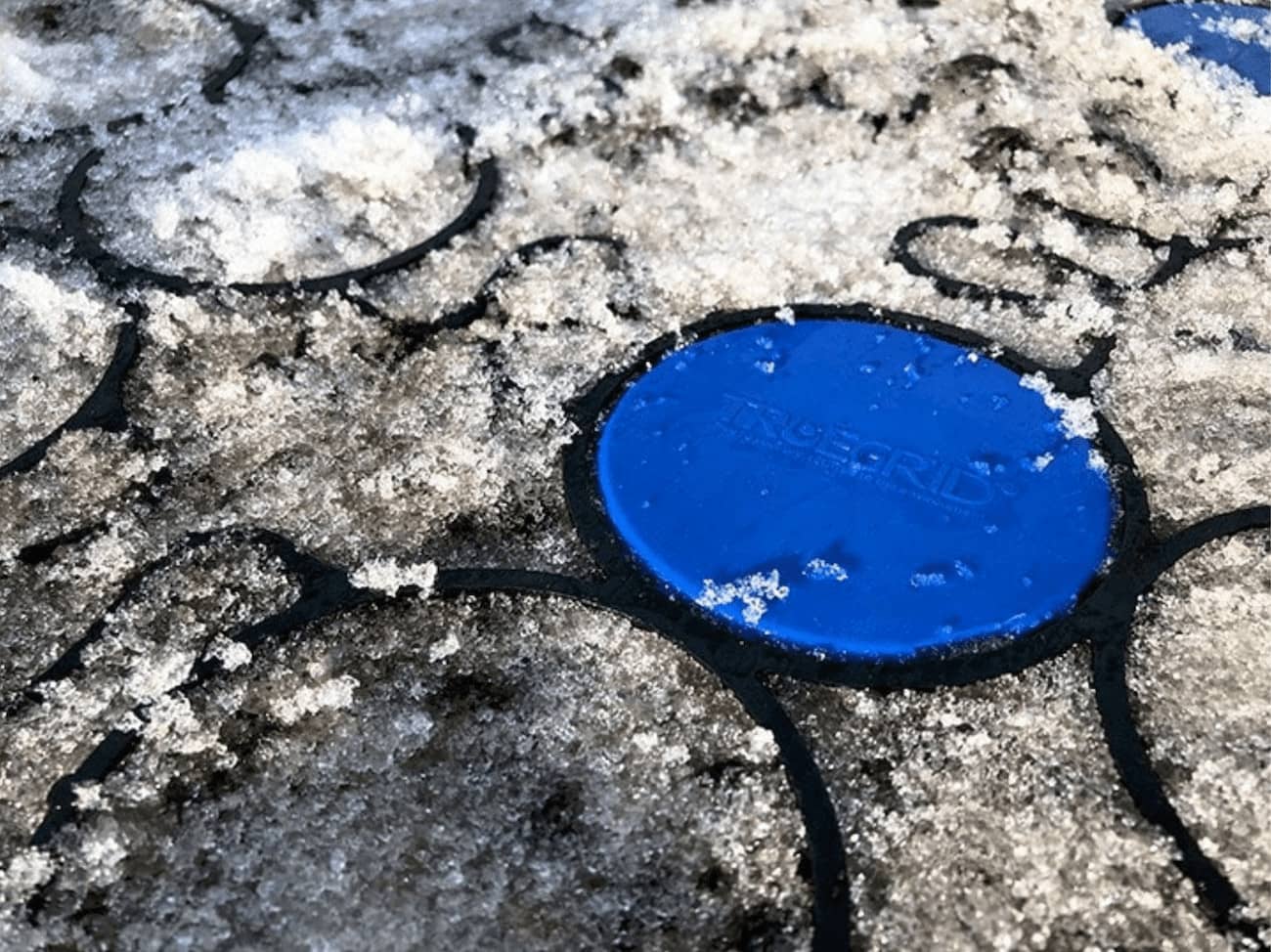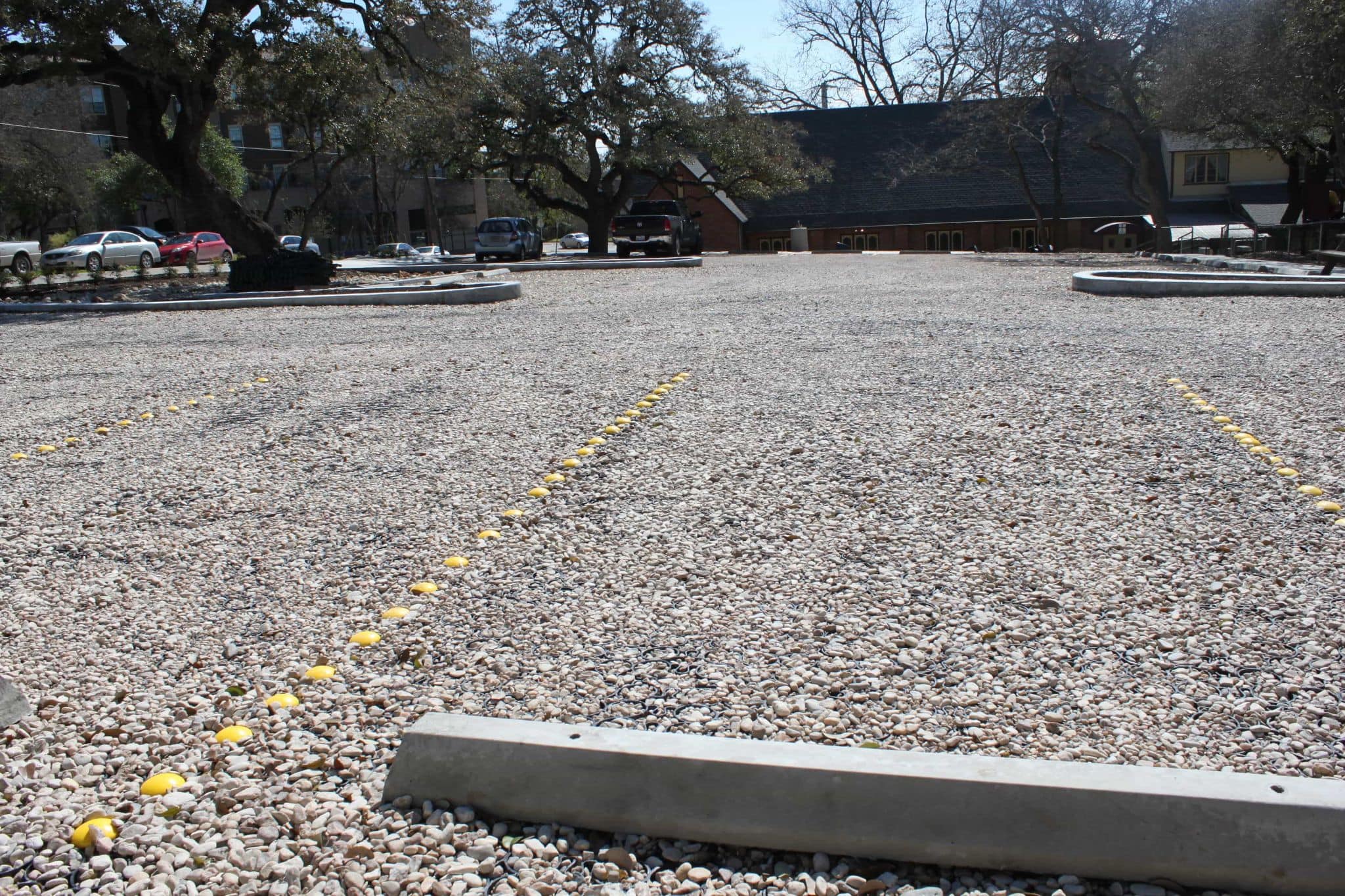
When it comes to pavement maintenance and performance, climate is a huge factor. Extremely high temperatures and rainstorms can have an adverse effect on pavement, so can cold temperatures, snow, and ice.
Cold has such an impact on certain types of pavement that it can speed up the timeline for maintenance and cost you tens of thousands of dollars extra to keep your pavement in top shape. Thankfully, new innovations in paver materials have produced cold-resistant pavers that are nearly impervious to the harmful effects of cold climates.
These pavers will last longer than traditional pavers in cold climates, and they perform well in every other measurable category as well. Cold weather paver installation is an important consideration if you want to minimize your maintenance costs and get the highest return on your investment.
In case you own a business in a cold climate, let’s take a look at why traditional paver materials are inferior for this type of climate and the best option for cold weather pavement.
Asphalt and Concrete Don’t Cut it In Cold Weather
One of the biggest causes of deterioration in pavement is what’s known as the freeze-thaw cycle. In cold climates, when small cracks develop in asphalt or concrete, water seeps into them and freezes. This spreads the cracks, leaving more room for water to get in after it thaws out.
The next time around, the cracks get bigger, and this continues until you have giant crevices in your pavement. This can be a daily occurrence during certain portions of the year, leading to an unusually fast deterioration of your sidewalks, parking lots, and other paved areas.
Another common problem with pavers in cold climates is ice. Water gets trapped on the surface of asphalt and concrete, freezing when temps get low enough. Even with a sloped pavement and/or drainage system in place, there’s usually still enough left-over water to freeze and create a slippage hazard for vehicles and people.
Icy pavement is the cause of thousands of injuries and auto accidents per year, and this issue should not be taken lightly. You can spread salt all over your pavement to melt ice every time it forms, but this is messy and inefficient. Concrete is also especially vulnerable to cold temps, since it’s made from cement mixtures that turn brittle and easily crack and break in cold weather.
Only TRUEGRID Makes the Best Solution to Cold Weather Pavement Problems

Permeable plastic pavers from TRUEGRID are the simplest, most effective way to eliminate the common issues faced with cold weather paver installation.
TRUEGRID PRO PLUS pavers are 98% permeable and made from 100%-recycled plastic. This makes them impervious to freeze-thaw cycles and prevents ice from ever forming on the surface, because water simply drains right through them and into the soil below.
TRUEGRID pavers are durable enough to handle commercial traffic and heavy loads in weather as cold as -58 °F without breaking. The added traction that the gravel-filled cells on the surface creates is especially helpful in cold weather as well, providing a better grip during snow and rain. Permeable pavers also require almost zero maintenance throughout their 40-50 year lifespan, which contributes to the overall higher level of cost-effectiveness.
The installation process is incredibly simple. The pavers are simply snapped into place over a gravel-filled pit. This creates a level, permeable surface with a ton of grip for vehicles. Most medium-sized installation jobs can be completed in a day or less.
Another benefit of using TRUEGRID PRO PLUS in a cold weather paver installation is the fact that they don’t use painted lines to mark parking spaces. Instead, TRUEGRID SnowSpot markers snap right into the pavers. There are a few variations of these markers, including a highly visible type that can be easily seen, even in the middle of a snowstorm. TRUEGRID lots are easily snow-plowable.
TRUEGRID Snow Plowing Video Link: https://www.truegridpaver.com/truegrid-videos/#SuCDnPUBw6U

This eliminates the need for recurring maintenance in the form of repainting lot lines, and it also provides a much safer alternative and helps orient drivers even during the harshest winter weather.
Cold Weather Requires a Tougher Type of Pavement

If you want your pavement to stand the test of time. even in brutally cold temps year-round, TRUEGRID PRO PLUS should be your first choice. Pavers in cold climates need to be specially suited for the challenges of snow, ice, and low temps, and TRUEGRID pavers are exactly that.
Asphalt and concrete require recurring maintenance even in perfect weather, and this is only exacerbated in cold climates. TRUEGRID, on the other hand, is durable enough to get the job done, and provides a safer, more reliable paving alternative even in the coldest temps.
If you want a lightning-quick cold weather paver installation that will save you money and keep your customers and visitors much safer, it’s safe to say TRUEGRID PRO PLUS is the way to go. If you’re interested in reaping the benefits of these cost-effective, durable, stylish permeable pavers, don’t hesitate to get in touch with a pavement specialist at TRUEGRID today.



